Traction Control How Does it Work?
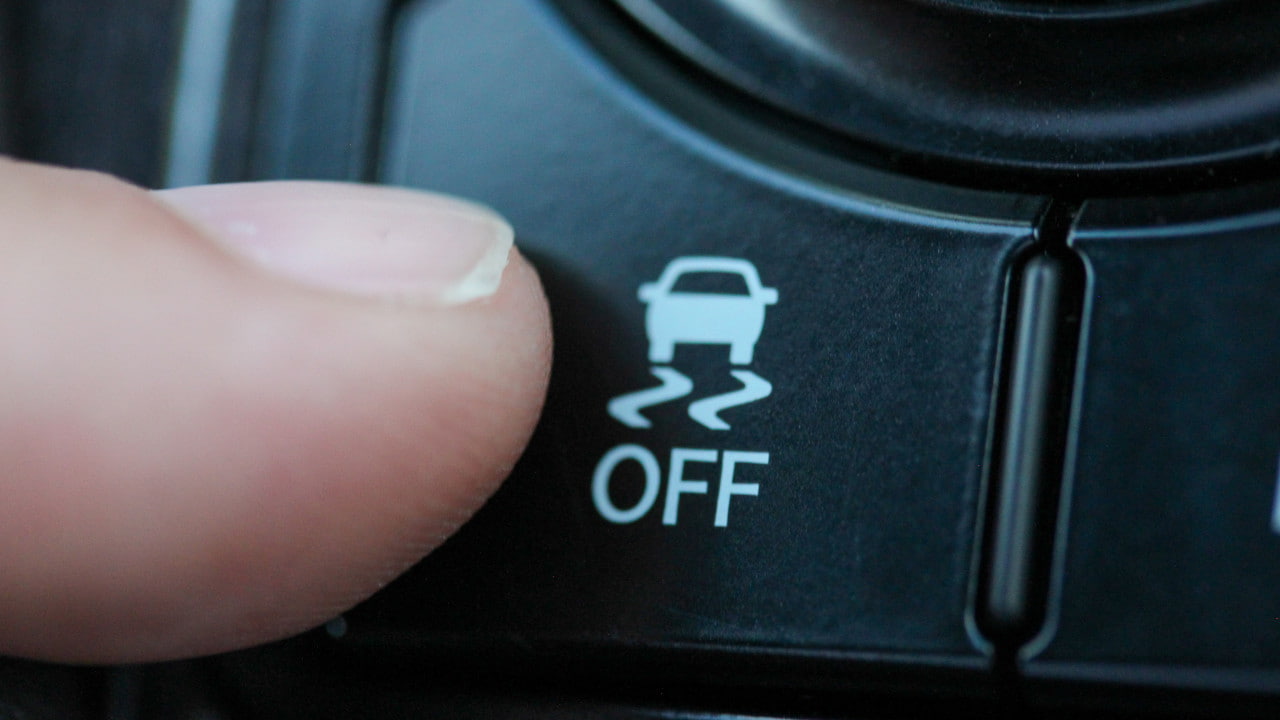
Does Jeep Wrangler Traction Control Use More Gas? Traction control doesn't affect the rate of gas expenditure. In fact, it doesn't use gas in the first place. No amount of gasoline or diesel gives power to the traction control system. The traction system is part of an extensive network of electrical modules that draw power from the battery.
Ford debuts new traction control in 2011 Explorer

Traction control prevents your car's tires from slipping on the road surface. Learn all about traction control at HowStuffWorks.. but traction control is a much more sophisticated system that's used in all types of cars. Mash the pedal of a car with a 600-horsepower, V-12 engine in 2013, and the traction control system will make sure as much.
What Is Traction Control and How Does it Actually Work?
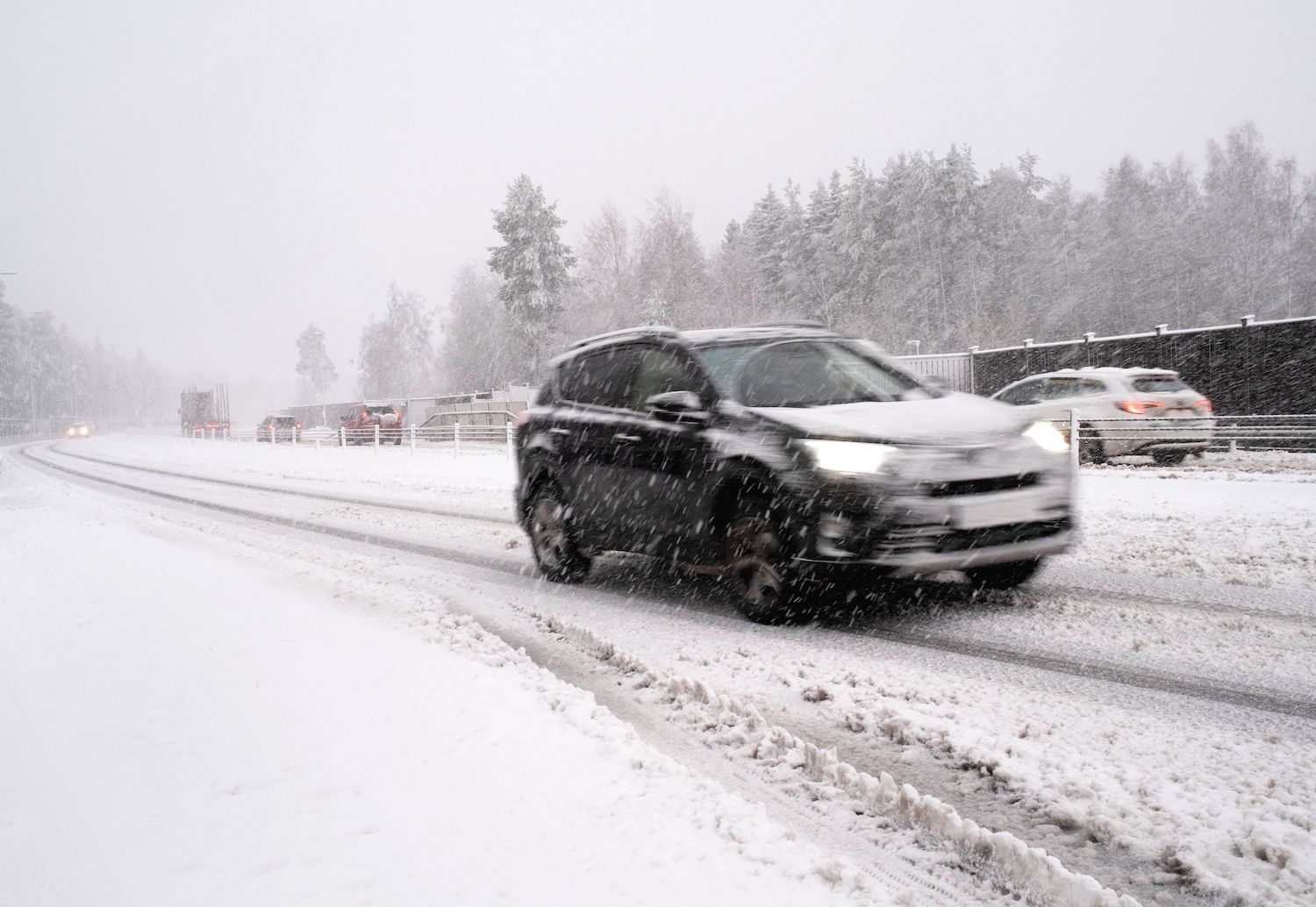
Traction control essentially controls the amount of power that goes to each wheel when you press on the gas pedal. If the system detects that a wheel is starting to spin, it will decrease the power going to that wheel. If your car is on a snowy or icy road and you slam on the gas, the car won't move at all if the traction control is engaged.
What does traction control do for my car? Autodeal

Traction control begins working to slow down the speed of the tires so they get enough grip on the pavement to propel you forward. Your wheels stop spinning and your car begins to move forward. This is traction control in action. What type of vehicle you own will determine the specific set-up for your traction control system.
How does traction control work and why do you need it on your motorcycle? MotoDeal
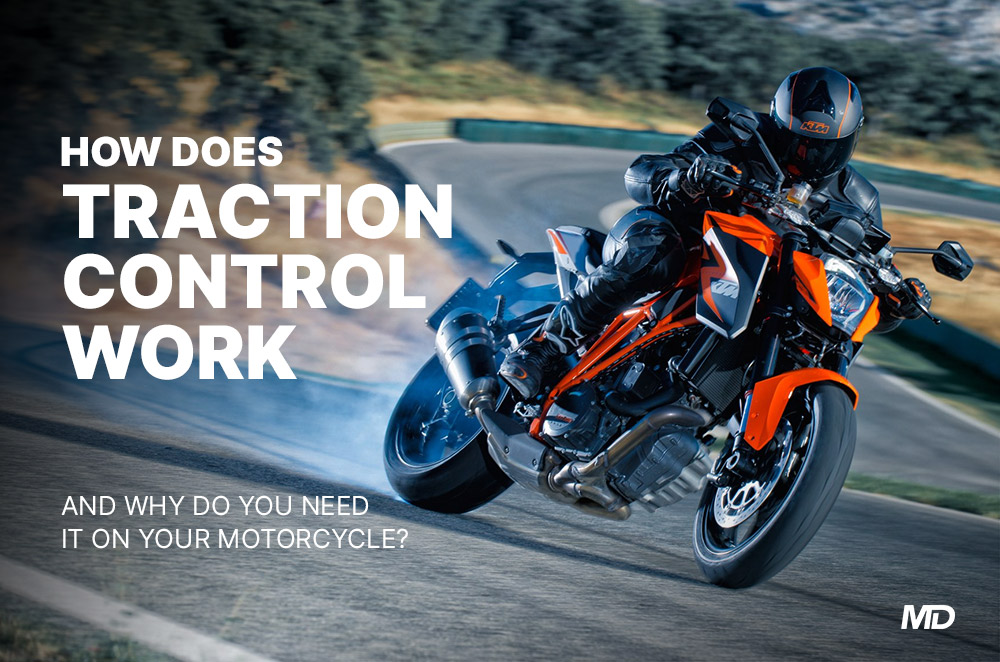
These systems work in tandem with stability and traction control technologies to maximize AWD effectiveness. Challenges and Maintenance. In delving into the peculiarities of all-wheel drive (AWD) vehicles, we must weigh the aspects of fuel economy, gas mileage, and maintenance against cost and complexity.
Traction Control System How It Works and When To Use It Kelley Blue Book
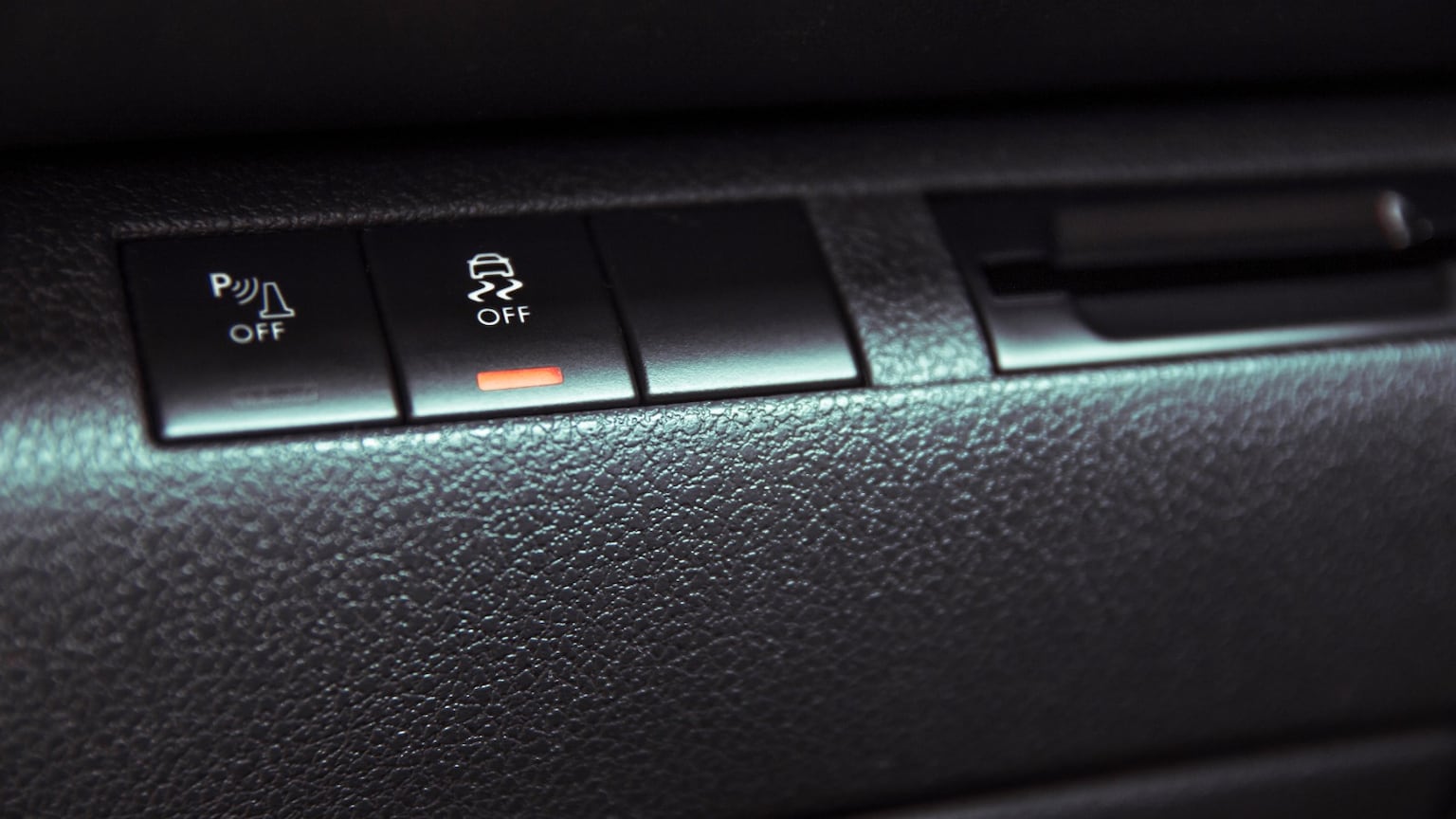
Does Traction Control Use More Gas? Traction control should have no impact on fuel economy—except perhaps in the example above, where extended traction control intervention is required to scale.
Does Traction Control Use More Gas?

Does traction control use more gas? Traction control has zero effect on gas mileage. It is rarely ever used, and when it is used, it still has no impact on your fuel.
Does My Truck Have Traction Control?

Traction control should remain activated even under seemingly non-hazardous conditions, as it defaults to the on position when the vehicle starts. While it's possible to deactivate this safety feature, it's rarely necessary. However, traction control is essential in situations such as heavy rain, snow, or icy roads, significantly improving safety.
What Does Traction Control Do?
/filters:quality(70)/2021-12-07-What-Does-Traction-Control-Do.png)
Traction control is an electronic system that helps limit tire slip in acceleration on slippery surfaces [source: Morris ]. In the past, drivers had to feather the gas pedal to prevent the drive wheels from spinning wildly on slippery pavement. Many of today's vehicles employ electronic controls to limit power delivery for the driver.
Does Traction Control Use More Gas?

Traction control is just that - a system detects when the some wheels have lost traction and takes steps to counteract this wheelspin. It uses a computer and the same sensors used for the anti-lock brakes. The traction control system (sometimes known as TCS) sensors work by measuring the rotational speed of the driven wheels, comparing them.
Does Traction Control Use More Gas?
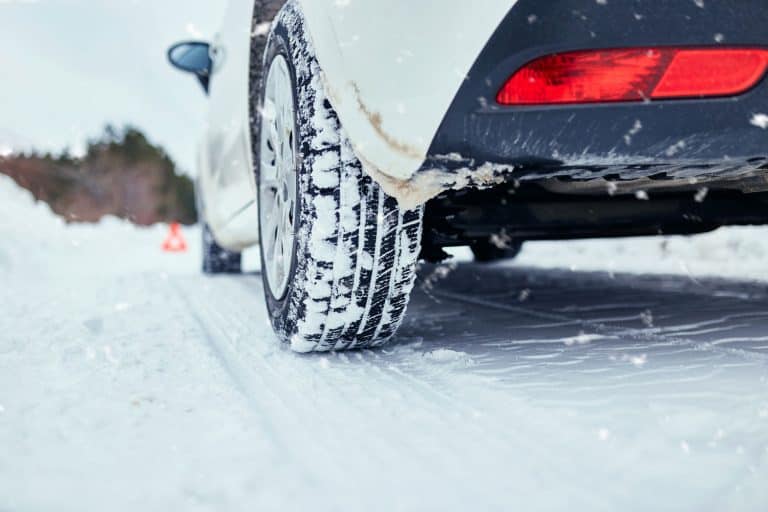
Traction control does not use more gas. Whether the traction control on your vehicle is turned on or off, it does not affect your gas mileage. Even when traction control is on, it's only active if the car begins to slip. The rest of the time, it does nothing. Read on to learn more.
How Does Traction Control Work?

No, traction control doesn't use more gas as it's an electronic device and depends only on the battery energy. In fact, it doesn't have any correlation with gas mileage. Meanwhile, this system can even potentially improve fuel efficiency by helping the vehicle maintain better control and stability on the road. This is just a short overview.
Why Is My Traction Control Light On? 8 Common Reasons Engineerine

What Is Traction Control? Traction control is an electronic system that intervenes when the wheels that propel your car start losing grip. The traction control system (TCS) will reduce power to the affected wheels until they regain traction. Before this feature became widely available in the late 1980s, drivers had to be their own traction control.
What Does Traction Control Do? (How It Works) TireGrades
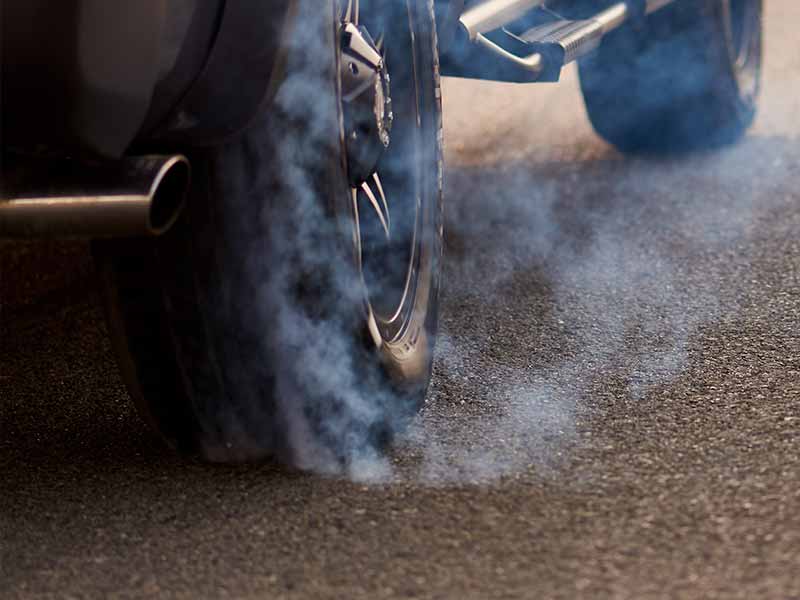
Traction control is an electronically controlled feature that limits wheel spin during acceleration so that the drive wheels maintain maximum traction and a driver maintains better control of the.
Does Traction Control Use More Gas?

No Traction control doesn't use more Gas! Many people think that when you turn on the Traction Control feature in their car, it uses more gas to power the engine. But this is not true! By using so many sensors to determine if there's ice or mud underneath your wheels. When traction control comes on, the engine is not providing enough power.
Hur Fungerar Motorcykel Traction Control? MTC Solutions

What Is Traction Control? At its simplest, traction control is an automated system that reduces the vehicle's power to specific wheels when wheel slip is detected. So, when you floor it on snow.